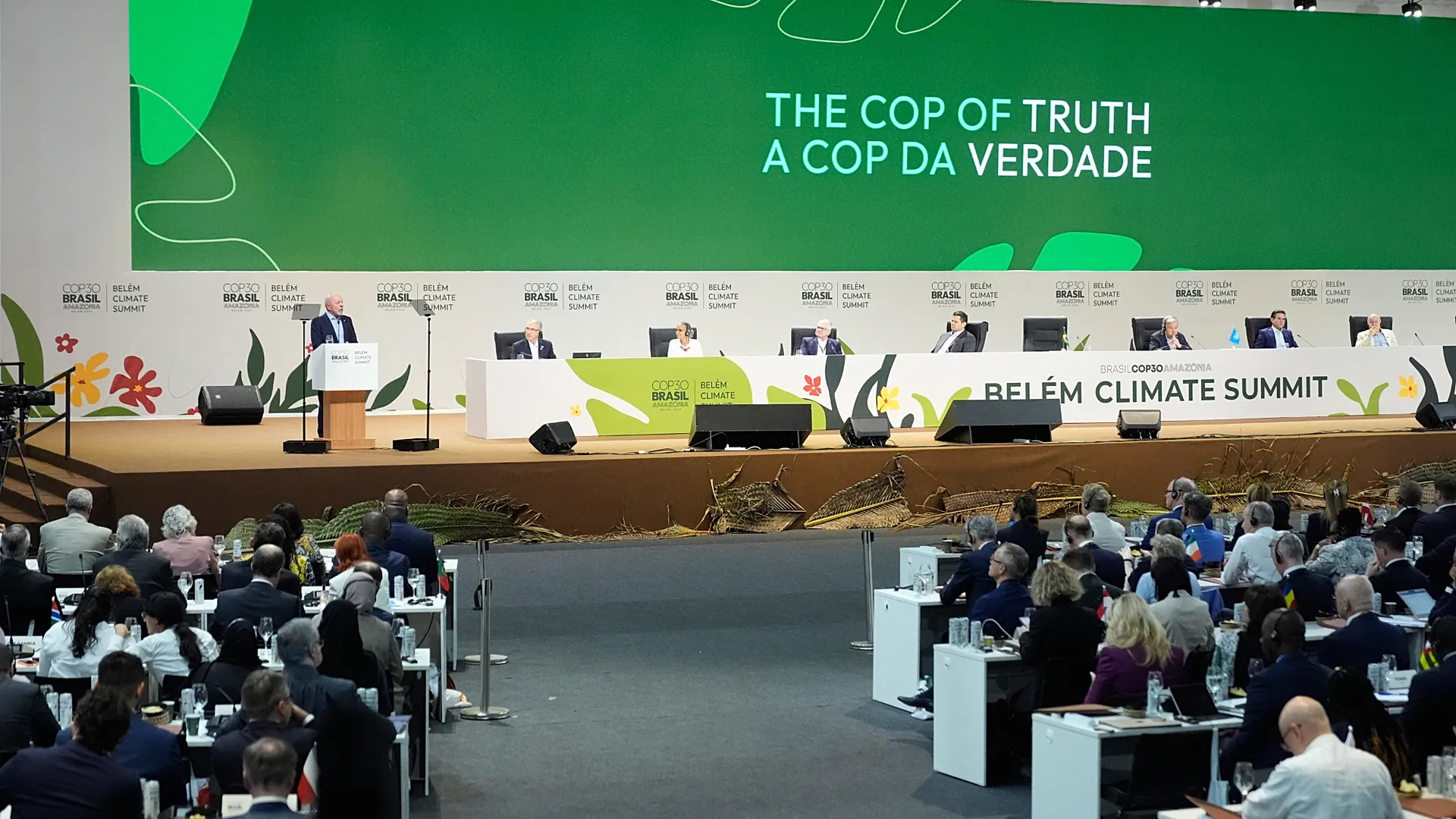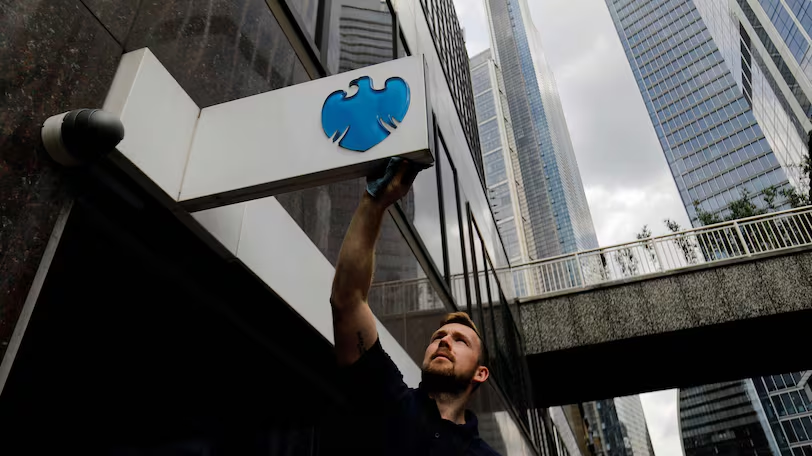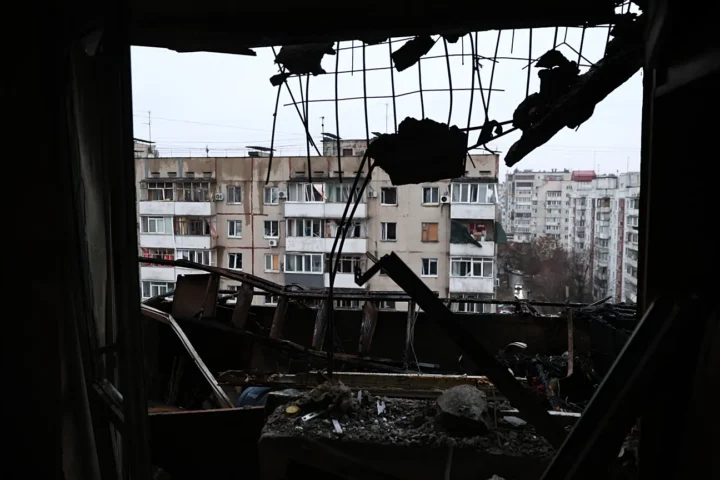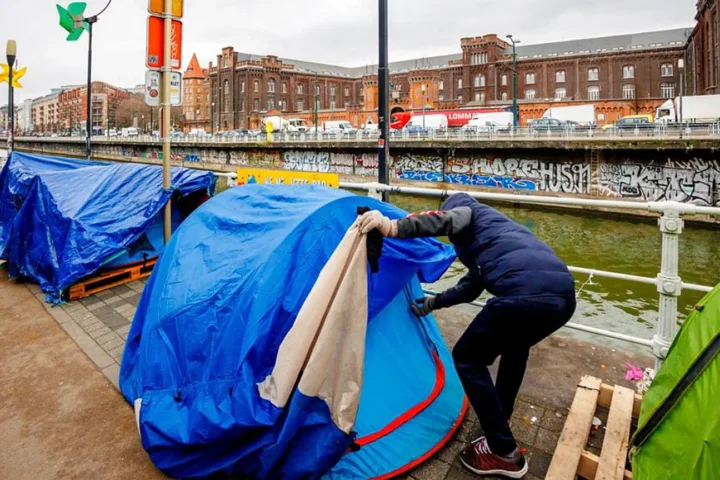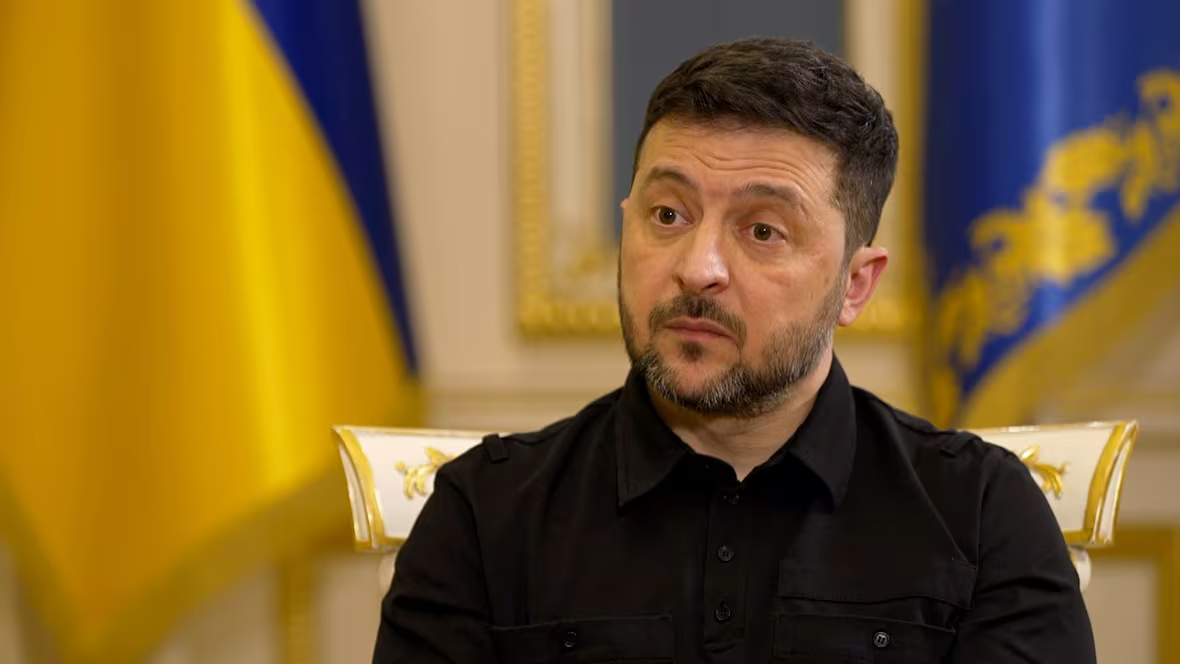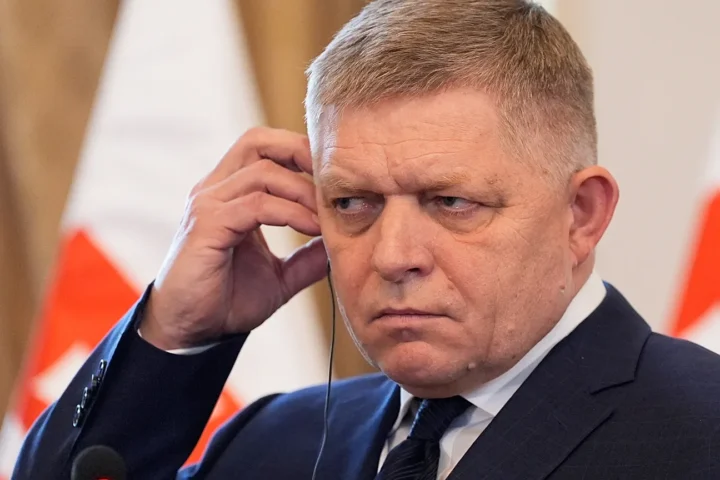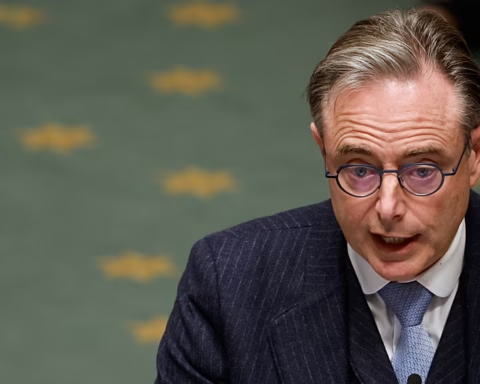As global leaders prepare for COP30, the pivotal United Nations Climate Conference set to take place in Belém, Brazil, concerns are mounting over the absence of several major polluting nations from the summit. The no-shows, including some of the world’s largest emitters, have fueled criticism that Europe may once again bear a disproportionate share of the global climate burden — both politically and financially.
Key Absences Raise Alarms
According to early reports from organizers, several high-emission economies have declined invitations or signaled that their participation will be limited to low-level delegations. While official reasons vary — ranging from domestic priorities to geopolitical tensions — the absences send a troubling signal about the state of international climate cooperation.
“If the biggest emitters aren’t at the table, it undermines the very purpose of COP30,” said Maria Alvarez, a senior policy analyst at the European Climate Foundation. “The world cannot reach net zero if the heaviest polluters refuse to engage meaningfully.”
Among the missing are countries responsible for a significant percentage of global CO₂ emissions, raising doubts about whether meaningful global progress can be achieved without them.
Europe’s Expanding Role — and Growing Frustration
With major polluters stepping back, Europe finds itself once again leading the charge — pledging deeper emissions cuts, offering more climate financing, and setting stricter regulatory frameworks. The European Union remains the only major economic bloc with a legally binding target of carbon neutrality by 2050, backed by the ambitious European Green Deal and its “Fit for 55” package.
However, frustration is mounting within European capitals. Policymakers argue that Europe cannot continue to finance and implement aggressive climate measures alone while others either delay or dilute their commitments.
“Europe has led by example for years,” said Frans Timmermans, former EU climate chief. “But leadership without global partnership is unsustainable. We cannot be the world’s climate paymaster indefinitely.”
European taxpayers and industries are already absorbing the costs of a green transition — from higher energy prices and carbon border taxes to industrial decarbonization costs — while some global competitors maintain carbon-intensive production without equivalent penalties.
A Stalled Global Consensus
COP30 was expected to mark a turning point in implementing the Paris Agreement’s 1.5°C target, with countries updating their national climate plans (NDCs) and committing to deeper emissions cuts. Yet the lack of participation from major emitters threatens to stall negotiations, reducing the summit’s potential impact.
Environmental observers warn that the absence of key players could erode trust between developed and developing nations, many of which rely on promised funding for climate adaptation and mitigation.
“If leading economies don’t show up, developing countries will lose faith in the process,” said Dr. Leila Banerjee, an environmental governance expert at the University of Cambridge. “It reinforces the perception that global climate policy is fragmented and politically selective.”
Economic Implications: Europe’s Competitive Strain
The imbalance in global climate participation also carries economic risks. European industries — particularly in manufacturing, energy, and transport — face rising costs from carbon pricing mechanisms like the EU Emissions Trading System (ETS).
Meanwhile, companies in countries with weaker environmental policies gain a competitive edge by avoiding equivalent costs. To address this, the EU introduced the Carbon Border Adjustment Mechanism (CBAM), a tariff on carbon-intensive imports, but the system remains controversial and administratively complex.
“Europe’s climate policies are world-leading, but they also create vulnerabilities,” said Jonas Richter, a Brussels-based energy economist. “Without global alignment, Europe risks sacrificing competitiveness while global emissions continue to rise.”
A Growing Divide Between Rhetoric and Reality
Critics argue that global climate diplomacy is increasingly characterized by rhetoric without enforcement. Despite decades of summits and pledges, global emissions continue to climb, and fossil fuel investment remains strong — even in nations that signed the Paris Agreement.
The World Bank estimates that global fossil fuel subsidies exceeded $1 trillion in 2023, while renewable energy financing still lags behind global energy demand growth. This disconnect between commitments and action underscores a deepening divide between nations that are investing heavily in green transitions and those prioritizing short-term economic stability.
Europe’s Diplomatic Balancing Act
In the absence of major polluters, European leaders are expected to use COP30 as a platform to push for greater accountability and international funding commitments. The EU is likely to emphasize carbon pricing cooperation, clean technology partnerships, and climate financing for the Global South.
“Europe will not walk away from its climate commitments,” said Kadri Simson, European Commissioner for Energy. “But we expect others to match our ambition with real action.”
Still, behind the public unity lies a sense of fatigue. Several EU member states — including Poland, Italy, and Hungary — have expressed concerns about economic strain and domestic political backlash tied to climate costs.
Looking Ahead: The Future of Global Climate Cooperation
As COP30 approaches, the international community faces a stark question: can the world maintain a united front on climate change if its largest polluters refuse to participate?
Europe’s ongoing leadership will be crucial but cannot substitute for global consensus. Without engagement from top emitters, experts warn that climate progress could stall, undermining years of multilateral effort.
“The climate crisis is global — no single continent can solve it alone,” Banerjee concluded. “If the biggest polluters don’t show up, the world loses more than a conference. It loses momentum.”
In summary, COP30 risks becoming a symbolic event rather than a transformative one. With Europe left to carry the moral and financial weight of climate leadership, the absence of the world’s top polluters highlights the urgent need for renewed global cooperation — before the window to act narrows further.
